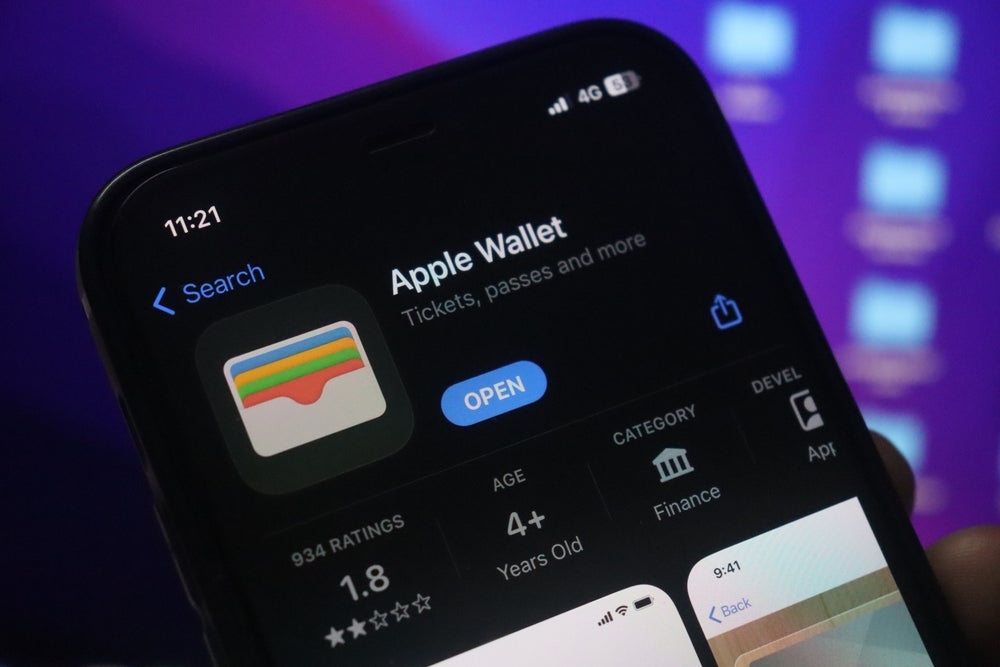card associations and merchants over interchange rates in the US is
entering a new, potentially even nastier phase as the rhetoric over
fees is organised by a pair of warring coalitions. Charles
Davis reports.
Set against the backdrop of a newly empowered Democratic
majority in Congress and a high-powered and expensive lobbying
effort by national merchant associations, the card associations and
their bank members have a right to be more than a little nervous
about all the legislative sabre-rattling of late.
Banks charge retailers up to 2 percent of each transaction when
a customer uses a credit or debit card. Retailers have long argued
that contracts with credit card companies require them to build the
transaction fee into the price of merchandise, forbid the fee from
being shown on receipts and block cash discounts for some
purchases.
For years, the arguments fell on deaf ears in Congress, but the
effect of the political change in Washington and the after-effects
of the settlement agreement in the Wal-Mart antitrust litigation
has the cards industry on the defensive.
Spearheaded by the powerful US convenience store lobby, the
retailers late last year convinced a Republican committee chair,
the then House Energy and Commerce Committee head Joe Barton of
Texas, to hold a hearing in which a number of witnesses alleged
that interchange fees played a role in rising petrol prices.
Retailer pressure
How well do you really know your competitors?
Access the most comprehensive Company Profiles on the market, powered by GlobalData. Save hours of research. Gain competitive edge.

Thank you!
Your download email will arrive shortly
Not ready to buy yet? Download a free sample
We are confident about the unique quality of our Company Profiles. However, we want you to make the most beneficial decision for your business, so we offer a free sample that you can download by submitting the below form
By GlobalDataThe hearing represented a significant shift in political
attitude on the issue and the retailers have kept up the pressure
even as the House changed leadership.
The pressure may be working: Senate Banking Committee chairman
Christopher Dodd, a Democrat from Connecticut, took up interchange
fees in a wide-ranging February hearing that featured the
influential senator’s promise that his panel would continue to look
into the issue.
Interchange fees are quickly becoming a major proxy war between
the cards and retail industries, as both have formed national
coalitions to fight the good fight on Capitol Hill.
The retailers formed the Merchants Payment Coalition, which
includes the National Retail Federation, the National Grocers
Association, the National Association of Chain Drug Stores and more
than 80 other national and state business groups.
The coalition’s message is straightforward but powerful: the
interchange fee is a “hidden tax” that cost consumers $36 billion
last year, more than $300 for every household in the US.
All told, Visa and MasterCard took more than $36 billion in
interchange fees in 2006, more than double the figure of five years
earlier. The coalition’s goal is to generate consumer outrage over
the interchange issue, which to date has remained more of an
internal business dispute.
In addition, a recent report by consultancy Diamond Management
& Technology found credit card companies spend only 13 percent
of interchange fees on transaction processing, while the remainder
goes toward reward programmes and direct mail campaigns.
A 2007 Harris Interactive Poll revealed that only 32 percent of
US consumers had heard of interchange fees – but once they learned
what they were, 94 percent said that credit card companies should
be required to disclose the amount charged and 91 percent said that
Congress should require issuers and associations to be more
transparent about their policies and practices regarding the
fees.
International comparisons
The coalition is also banking on growing international reaction
to interchange fees to bolster its call for action in the US.
Antitrust authorities across Europe, in the UK and in Australia
have moved to tighten regulation of interchange fees and Visa and
MasterCard rules.
Visa and MasterCard charge Americans among the highest credit
card interchange fees in the world – averaging close to 2 percent
for credit card and signature debit transactions, compared with
only 0.7 percent in the UK and 0.55 percent in Australia, according
to the Merchants Payment Coalition.
The efforts are clearly making headway at the state level.
Legislation has been introduced in nine states to control the fees
or fully disclose what they are paying for, said the Merchants
Payment Coalition, which runs the website
UnfairCreditCardFees.com.
The coalition argues that the fact that other consumers in
countries around the world are charged substantially lower credit
card interchange fees than in the US indicates that there is room
to reduce these rates and still cover the cost of the actual
transactions.
The industry fights back
To counter the retailer group, banks have formed their own
group, the Electronic Payments Coalition, and enlisted Peter
Madigan, a key aide to James Baker, the former Treasury Secretary
and Secretary of State, as executive director.
The Electronic Payments Coalition counters that merchants are
free to decide whether to participate in credit and debit card
programmes, and that they typically opt for electronic charges,
which bring in greater sales than cash purchases.
They allege that the retailers are simply trying to shift the
cost of business to consumers and point to Australia, where a cap
on transaction fees resulted in consumers being hit with interest
rate and fee increases, and cuts to popular rewards programmes.
The coalition also argues that interchange helps to fund the
innovation that has taken credit cards from manual authorisation to
contactless payments, has helped foster online payments and debit
cards, and brought advanced electronic processing to market.
Meanwhile, the economic factors fuelling the interchange issue –
the escalating cost of high-end rewards programmes, chargebacks and
a higher cost of funds – show no signs of abating. A deeply
entrenched, combative tone between the cards industry and merchants
promises even more legislative attention in the months to come.
Another sudden spike in US petrol prices could unleash a wave of
consumer anger, further fuelling the efforts of merchants to enlist
the cardholder in the fight.
Democrats in Congress seem willing to listen, so issuers could
be anxiously watching for signs of regulatory activity for months,
if not years, to come.







